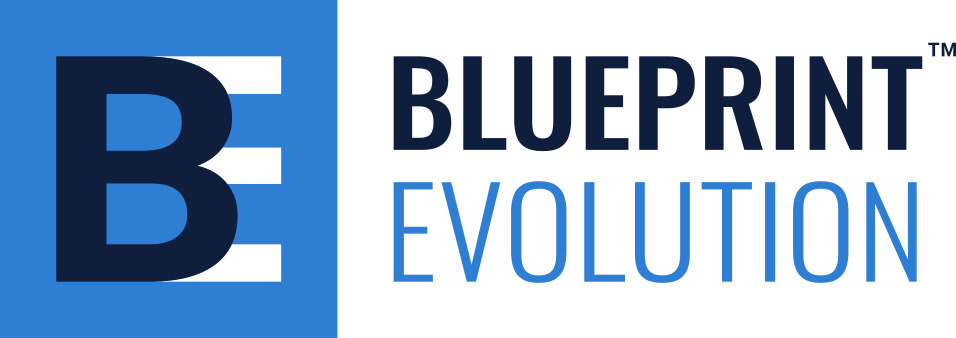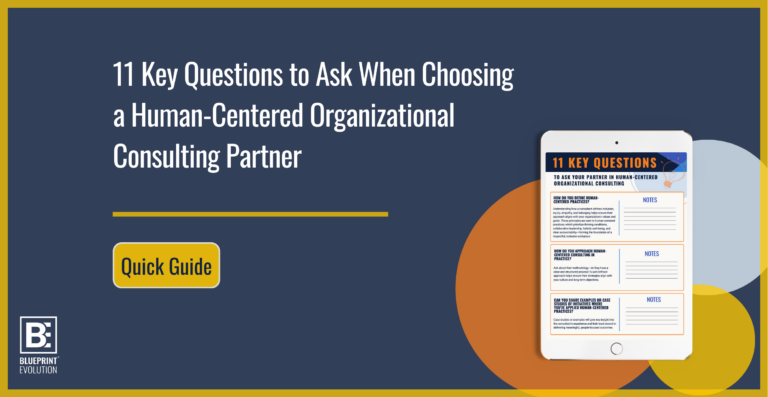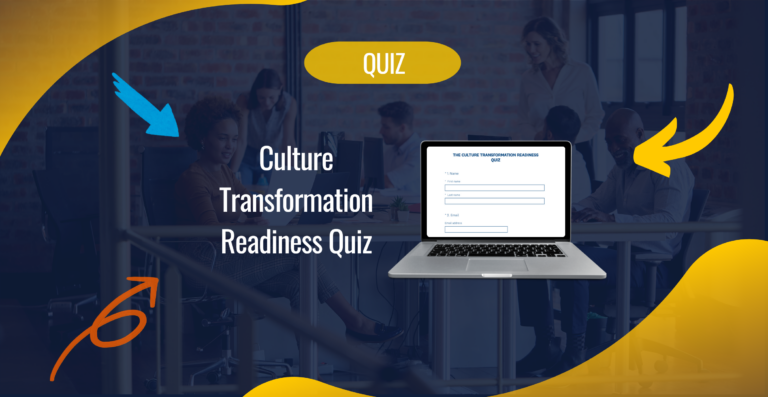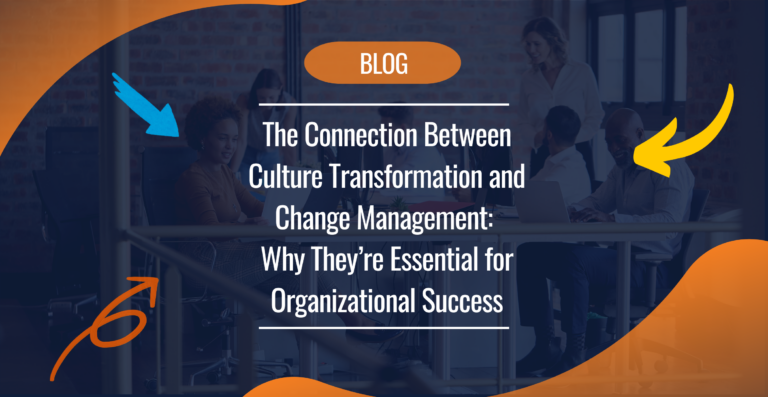Culture Transformation: Mission, Vision, and Values Alignment
Aligning an organization’s mission, vision, and values with its strategic goals is crucial for sustainable success. At Blueprint Evolution, we specialize in defining and articulating these vital cultural attributes to foster a cohesive and thriving work environment.
Our expert consultants meticulously examine your mission, vision, and values to identify the key cultural elements that drive success. Through collaborative discussions and strategic workshops, we ensure these elements are fully integrated with your company’s objectives, creating a unified direction that supports your overarching vision.
The Importance of Aligning Mission, Vision, and Values
Aligning mission, vision, and values is essential as it fosters a unified organizational culture, driving employee engagement, strategic coherence, and overall success. Training and development play a critical role in this alignment by equipping employees with the knowledge and skills needed to embody and promote these core principles.
Research shows that companies with strong alignment experience a 30% increase in employee engagement and a 19% rise in profitability. By investing in training programs that reinforce these foundational elements, organizations can achieve higher levels of performance, employee satisfaction, and overall success.

The Blueprint Difference
Organizations with aligned mission, vision, and values experience a 25% reduction in employee turnover. Our consultants provide a comprehensive suite of services to facilitate this alignment, including:
- Strategic Workshops: Conducting interactive sessions with leadership and employees to define and align mission, vision, and values with strategic goals.
- Customized Training Programs: Developing tailored training initiatives to reinforce cultural alignment and ensure that all employees understand and embody the organization’s core principles.
- Ongoing Support and Evaluation: Providing continuous support to monitor progress, address challenges, and adapt strategies as needed to maintain alignment over time.
CULTURE TRANSFORMATION SOLUTIONS

Conducting a thorough evaluation of the current organizational culture is crucial. This involves utilizing diverse methods like surveys, interviews, and observations to gain deep insights into existing values, behaviors, and norms within the organization. Such assessments serve as the foundation for successful culture transformation endeavors.
Training and Development begin with assessing employee skills aligned with the organizational mission, vision, values, and goals, helping define clear learning objectives. Tailored training programs prioritize cultivating leaders and employees at all levels to champion and embody a shared desired cultural change. This involves comprehensive training, coaching, and mentoring initiatives aimed at equipping leaders with the necessary skills to drive cultural transformation effectively.
Defining and articulating an organization’s desired cultural attributes involves aligning them with strategic goals. Consultants closely examine the mission, vision, and values to identify essential cultural elements. Through collaborative discussions, they ensure alignment with the company’s strategic objectives, fostering a cohesive work environment that supports the overarching vision.
Creating initiatives to actively involve employees in the cultural change process. This includes fostering an inclusive environment where diverse perspectives are valued, and providing forums, feedback opportunities, and transparent communication practices for employees to contribute to the evolution of the organizational culture.
Developing inclusive and effective communication plans to share the vision for cultural change with employees. This involves clear and transparent communication through examples such as town hall meetings, newsletters, and digital platforms. These strategies foster a shared understanding of the cultural shift and encourage active participation and support, ensuring employees feel informed, valued, and aligned with the organization’s vision.
- Culture Assessments
-
Conducting a thorough evaluation of the current organizational culture is crucial. This involves utilizing diverse methods like surveys, interviews, and observations to gain deep insights into existing values, behaviors, and norms within the organization. Such assessments serve as the foundation for successful culture transformation endeavors.
- Training & Development
-
Training and Development begin with assessing employee skills aligned with the organizational mission, vision, values, and goals, helping define clear learning objectives. Tailored training programs prioritize cultivating leaders and employees at all levels to champion and embody a shared desired cultural change. This involves comprehensive training, coaching, and mentoring initiatives aimed at equipping leaders with the necessary skills to drive cultural transformation effectively.
- Mission, Vision, & Values Alignment
-
Defining and articulating an organization’s desired cultural attributes involves aligning them with strategic goals. Consultants closely examine the mission, vision, and values to identify essential cultural elements. Through collaborative discussions, they ensure alignment with the company’s strategic objectives, fostering a cohesive work environment that supports the overarching vision.
- Employee Engagement & Inclusion
-
Creating initiatives to actively involve employees in the cultural change process. This includes fostering an inclusive environment where diverse perspectives are valued, and providing forums, feedback opportunities, and transparent communication practices for employees to contribute to the evolution of the organizational culture.
- Communication & Marketing Strategies
-
Developing inclusive and effective communication plans to share the vision for cultural change with employees. This involves clear and transparent communication through examples such as town hall meetings, newsletters, and digital platforms. These strategies foster a shared understanding of the cultural shift and encourage active participation and support, ensuring employees feel informed, valued, and aligned with the organization’s vision.
ORGANIZATIONAL MANAGEMENT SOLUTIONS
Recent Blogs
Check out our other content on this topic!











